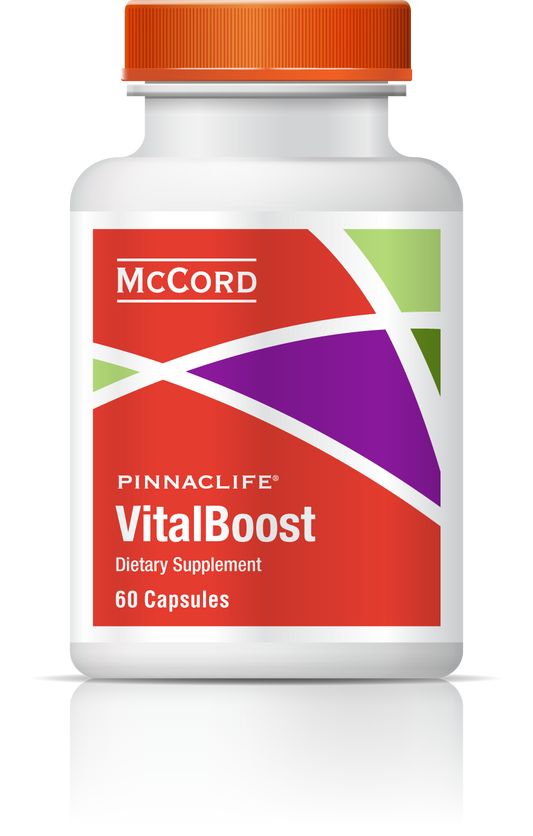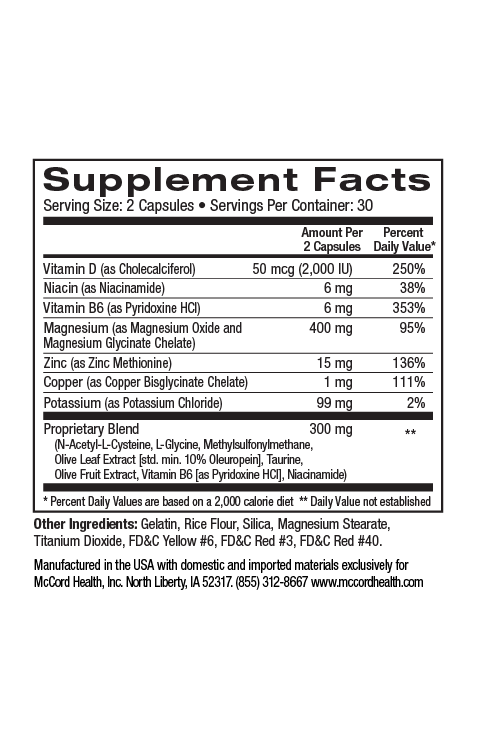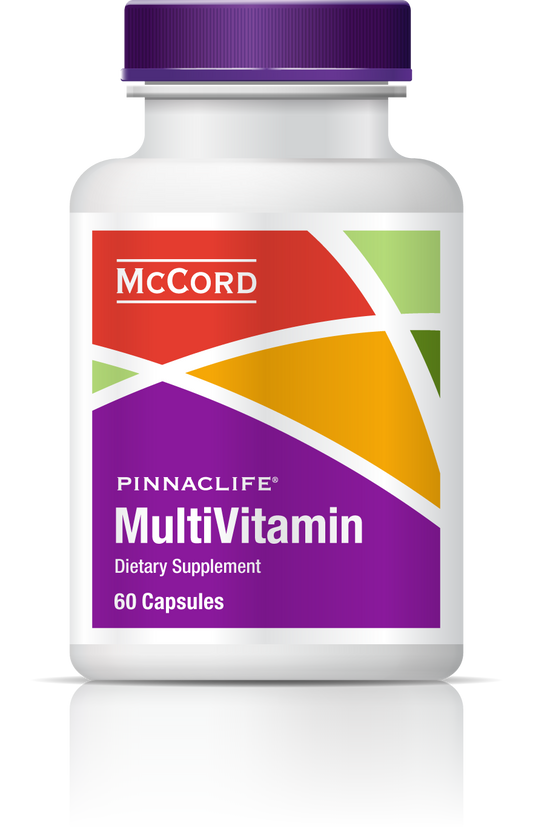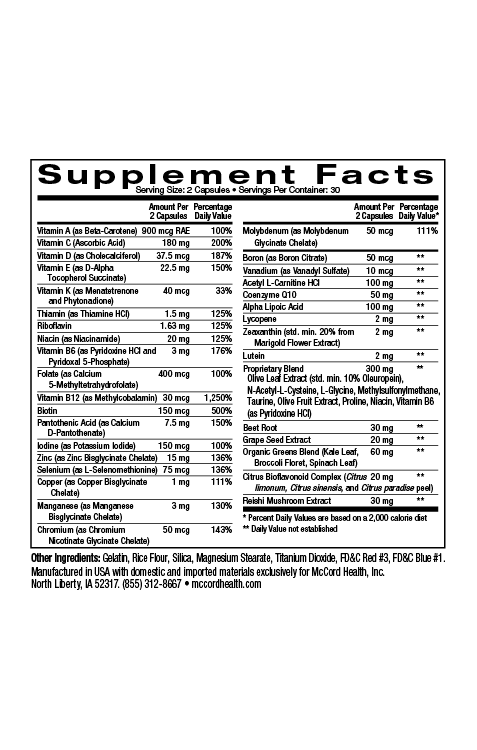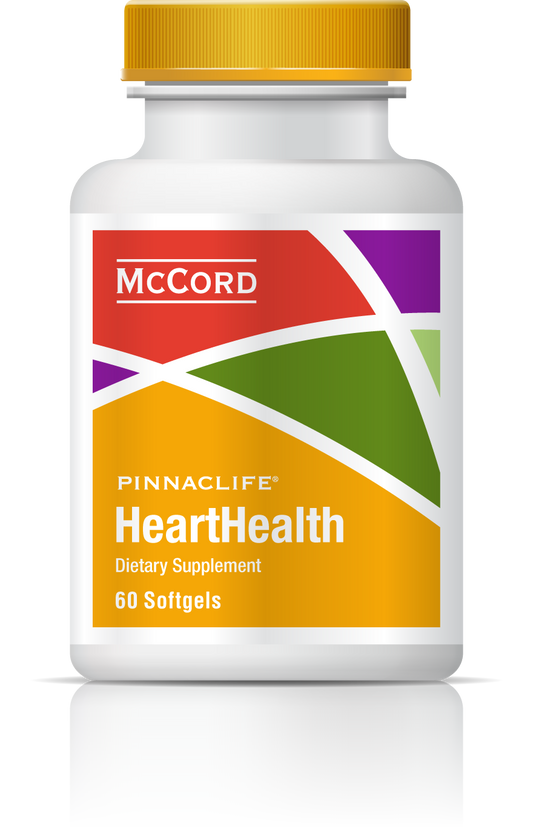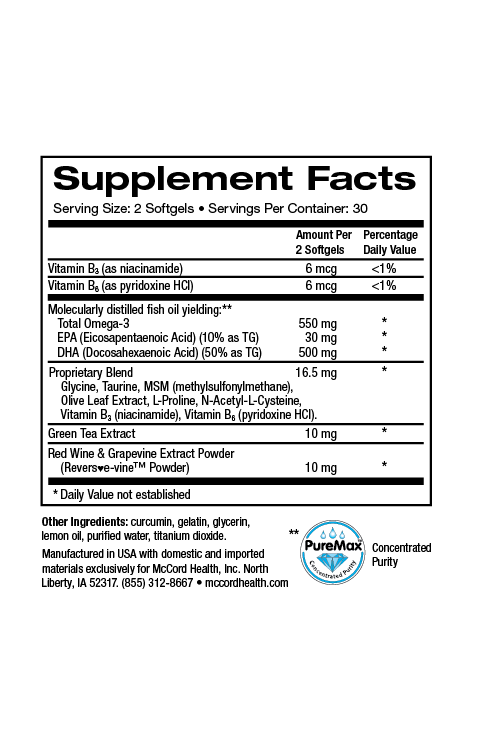Inadequate sleep is linked to long-term health risks including dementia and Alzheimer's disease. Common pharmaceutical sleep aids tend to increase a person's risk while more natural nutritional approaches including melatonin and magnesium appear to decrease cognitive risk while promoting better more restful sleep.
- Lack of sleep has long term health consequences
- Inadequate sleep is linked to dementia and Alzheimer's
- Using most pharmaceutical sleep aids increases your risk of Alzheimer's
- There are safe ways of promoting sleep that do not increase your risk
Tell Me More!
I'm sure we are all aware that we can feel pretty miserable after a night without enough sleep - but what you may not realize is that inadequate quality sleep can have more significant long-term negative health consequences than you fully appreciate.
We have discussed, on several occasions, the important role that sleep plays in a number of chronic health conditions including obesity, diabetes, depression, and even cancer. But once again, another link has been established between inadequate sleep and one of leading causes of disability, loss of independence, and death in America: Alzheimer’s disease.
Inadequate Sleep Linked to Alzheimer's
Researchers have identified a significant increase in the risk of developing Alzheimer’s in people that get inadequate sleep on a routine basis. It turns out that biochemical processes that occur when you sleep may play a vital role in preventing the buildup of the beta-amyloid (Aß) plaques seen in Alzheimer’s disease.
The investigators behind some of the recent research point out that sleep problems are treatable, therefore there may be some hope that by treating peoples’ sleep problems we can reduce their risk of eventually developing Alzheimer’s disease. However, there is a major dilemma that arises when attempting to treat sleep problems, especially in the context of preventing Alzheimer’s disease; some medicines can increase risk.
Pharmaceutical Sleep Aids Increase Risk
The most commonly utilized pharmaceutical options for treating sleep problems have all been associated with an increased risk of developing cognitive and neurodegenerative disorders, including dementia and Alzheimer’s disease.
Antihistamine-based sleep aids:
Products like Tylenol-PM®, Unisom®, ZZZquil®, Nyquil®, and many more induce sleep by utilizing the common side effect of drowsiness experienced with antihistamines like diphenhydramine or doxylamine. Antihistamines should not be used as sleep aides longer than two weeks and use is cautioned in people over 65 years of age due to increased risk of confusion, dementia, and falls.1 More recent studies have even linked the continued use of antihistamines at any age with increased risk of developing cognitive impairment, dementia and even Alzheimer’s disease.2
Sedative Hypnotics:
Prescription drugs like Sonata® (zaleplon), Lunesta® (eszopiclone), and Ambien® (zolpidem) fall into a category of sleep-inducing drugs called sedative hypnotics. Much like antihistamines, sedative hypnotics carry warnings to avoid using them for longer than two weeks and in people over age 65 due to the increased risk of serious side effects including cognitive impairment, falls, delirium, confusion, and excessive sedation.1 The long-term use of sedative hypnotics at any age has also been associated with a 2-fold increased risk of dementia.3
Benzodiazepines (BDZs):
BDZ’s are prescription medications that are frequently used to help relieve anxiety and induce sleep. The generic medications typically contain a “z” in the middle of the name and end with the letters “–am.” They include medications like lorazepam, diazepam, alprazolam, triazolam, oxazepam, and temazepam. They are cautioned for use in people over age 65 due to the increased risk of side effects including excessive sedation, confusion, memory problems, and falls.1 BDZ’s are also frequently abused and can cause dependence for some users. The use of BDZ’s at any age has been associated with an increased risk of developing Alzheimer’s disease.4
Improving Sleep Without Increasing Risk
With all of the known problems associated with OTC and pharmaceutical sleep aids, it can leave a person wondering what they can do to safely improve the quality of their sleep.
There are of course lifestyle approaches that can be incorporated such as going to bed at the same time every night, exercise during the day, removing televisions or computers from the bedroom, and practicing relaxation techniques. But there are also some safe nutritional ingredients found in Proprietary Blend SleepHealth that have been shown to naturally promote restful sleep and and support healthy brain cells.
Melatonin for Supporting Healthy Sleep:
Your body naturally produces the sleep hormone melatonin and it is found naturally in some foods including cherries, grapes, and olives. Clinical trials have shown that melatonin can safely be used over extended periods to help improve sleep quality. There is a strong correlation between low levels of melatonin, disruption of the circadian rhythm, and the development of Alzheimer’s disease.5 There are numerous studies indicating that melatonin plays a significant protective role in the brain through a variety of mechanisms.5,6 Melatonin is also known to have direct antioxidant effects and protective effects on the cholinergic system.
Proprietary Blend for Supporting Healthy Sleep
One of the important aspects of sleep is that it allows cells to enter into their “rest and repair” phases when certain nutrients and antioxidants are needed the most. All Pinnaclife products include the patented McCord Research Proprietary Blend ingredient that provides vital antioxidant support from hydroxytyrosol and oleuropein (from olives) plus several other supporting nutrients like N-acetyl-l-cysteine and L-taurine. Hydroxytyrosol has been shown to stimulate natural cellular repair mechanisms that help protect and maintain healthy brain cells.7–11 L-taurine has also been shown to be an essential nutrient for promoting healthy brain cells.12,13
Magnesium for Supporting Healthy Sleep:
Deficiency in magnesium is associated with a wide variety of chronic medical conditions including insomnia and neurological disorders. It is an essential cofactor in over 300 metabolic reactions including the enzymes required for the production and secretion of melatonin.14 Supplementing with magnesium has been shown to improve several sleep measures while also conveying neuroprotective effects.14–20
We know how important it is for you to sleep and that sometimes you need some extra help from the use of supplements or medications. Our hope is to offer you safe and effective options that do not put you at risk for both short-term and long-term side effects.
Work with a Healthcare Provider
It is important to work with a healthcare provider to find what works best for you, but it is also important to know that we are continuously learning more about the potential long-term effects of the most common pharmaceutical sleep agents, especially with prolonged use.
Proprietary Blend SleepHealth was specifically designed to provide safe and effective natural ingredients that are associated with both improved sleep and improved long-term health.
References
- American Geriatrics Society. American Geriatrics Society updated Beers Criteria for potentially inappropriate medication use in older adults. J Am Geriatr Soc. 2012;60(4):616–31.
- Gray SL, Anderson ML, Dublin S, et al. Cumulative Use of Strong Anticholinergic Medications and Incident Dementia. JAMA Intern Med. 2015;175(3):401–7.
- Chen P-L, Lee W-J, Sun W-Z, Oyang Y-J, Fuh J-L. Risk of dementia in patients with insomnia and long-term use of hypnotics: a population-based retrospective cohort study. PLoS One. 2012;7(11):e49113.
- Billioti de Gage S, Moride Y, Ducruet T, et al. Benzodiazepine use and risk of Alzheimer’s disease: case-control study. BMJ. 2014;349(sep09 2):g5205–g5205.
- Lin L, Huang Q-X, Yang S-S, Chu J, Wang J-Z, Tian Q. Melatonin in Alzheimer’s disease. Int J Mol Sci. 2013;14(7):14575–93.
- Esposito E, Cuzzocrea S. Antiinflammatory Activity of Melatonin in Central Nervous System. Curr Neuropharmacol. 2010;8(3):228–242.
- Mancuso C, Scapagnini G, Currò D, et al. Mitochondrial Dysfunction, Free Radical Generation and Cellular Stress Response in Neurodegerative Disorders. Front Biosci. 2007;12:1107–1123.
- Manczak M, Anekonda TS, Henson E, Park BS, Quinn J, Reddy PH. Mitochondria are a direct site of A beta accumulation in Alzheimer’s disease neurons: implications for free radical generation and oxidative damage in disease progression. Hum Mol Genet. 2006;15(9):1437–49.
- González-Correa JA, Navas MD, Lopez-Villodres JA, Trujillo M, Espartero JL, De La Cruz JP. Neuroprotective effect of hydroxytyrosol and hydroxytyrosol acetate in rat brain slices subjected to hypoxia-reoxygenation. Neurosci Lett. 2008;446(2-3):143–6.
- Sarsour EH, Kumar MG, Kalen AL, Goswami M, Buettner GR, Goswami PC. MnSOD activity regulates hydroxytyrosol-induced extension of chronological lifespan. Age (Omaha). 2011;34:95–109.
- Schaffer S, Podstawa M, Visioli F, Bogani P, Müller WE, Eckert GP. Hydroxytyrosol-rich olive mill wastewater extract protects brain cells in vitro and ex vivo. J Agric Food Chem. 2007;55(13):5043–9.
- Louzada PR, Paula Lima AC, Mendonca-Silva DL, Noël F, De Mello FG, Ferreira ST. Taurine prevents the neurotoxicity of beta-amyloid and glutamate receptor agonists: activation of GABA receptors and possible implications for Alzheimer’s disease and other neurological disorders. FASEB J. 2004;18(3):511–8.
- Kumari N, Prentice H, Wu J. Taurine and Its Neuroprotective Role. In: El Idrissi A, L’Amoreaux WJ, eds. Taurine 8 (Advances in Experimental Medicine and Biology).Vol 775. Advances in Experimental Medicine and Biology. New York, NY: Springer New York; 2013:19–27.
- Meoli AL, Rosen C, Kristo D, et al. Oral Nonprescription Treatment for Insomnia : An Evaluation of Products With Limited Evidence. J Clin Sleep Med. 2005;1(2):173–187.
- Rondanelli M, Opizzi A, Monteferrario F, Antoniello N, Manni R, Klersy C. The effect of melatonin, magnesium, and zinc on primary insomnia in long-term care facility residents in Italy: a double-blind, placebo-controlled clinical trial. J Am Geriatr Soc. 2011;59(1):82–90.
- Abbasi B, Kimiagar M, Sadeghniiat K, Shirazi MM, Hedayati M, Rashidkhani B. The effect of magnesium supplementation on primary insomnia in elderly: A double-blind placebo-controlled clinical trial. J Res Med Sci. 2012;17(12):1161–9.
- Volpe SL. Magnesium in disease prevention and overall health. Adv Nutr. 2013;4(3):378S–83S.
- Rude RK. Magnesium deficiency: a cause of heterogeneous disease in humans. J Bone Miner Res. 1998;13(4):749–58.
- Durlach J. Magnesium depletion and pathogenesis of Alzheimer’s disease. Magnes Res. 1990;3(3):217–8.
- Ozturk S, Cillier AE. Magnesium supplementation in the treatment of dementia patients. Med Hypotheses. 2006;67(5):1223–5.
Disclaimer: These statements have not been reviewed by the FDA. These products are dietary supplements and are not intended to treat, cure, or prevent any disease. The decision to use these products should be discussed with a trusted healthcare provider. The authors and the publisher of this work have made every effort to use sources believed to be reliable to provide information that is accurate and compatible with the standards generally accepted at the time of publication. The authors and the publisher shall not be liable for any special, consequential, or exemplary damages resulting, in whole or in part, from the readers’ use of, or reliance on, the information contained in this article. The publisher has no responsibility for the persistence or accuracy of URLs for external or third party Internet websites referred to in this publication and does not guarantee that any content on such websites is, or will remain, accurate or appropriate.

